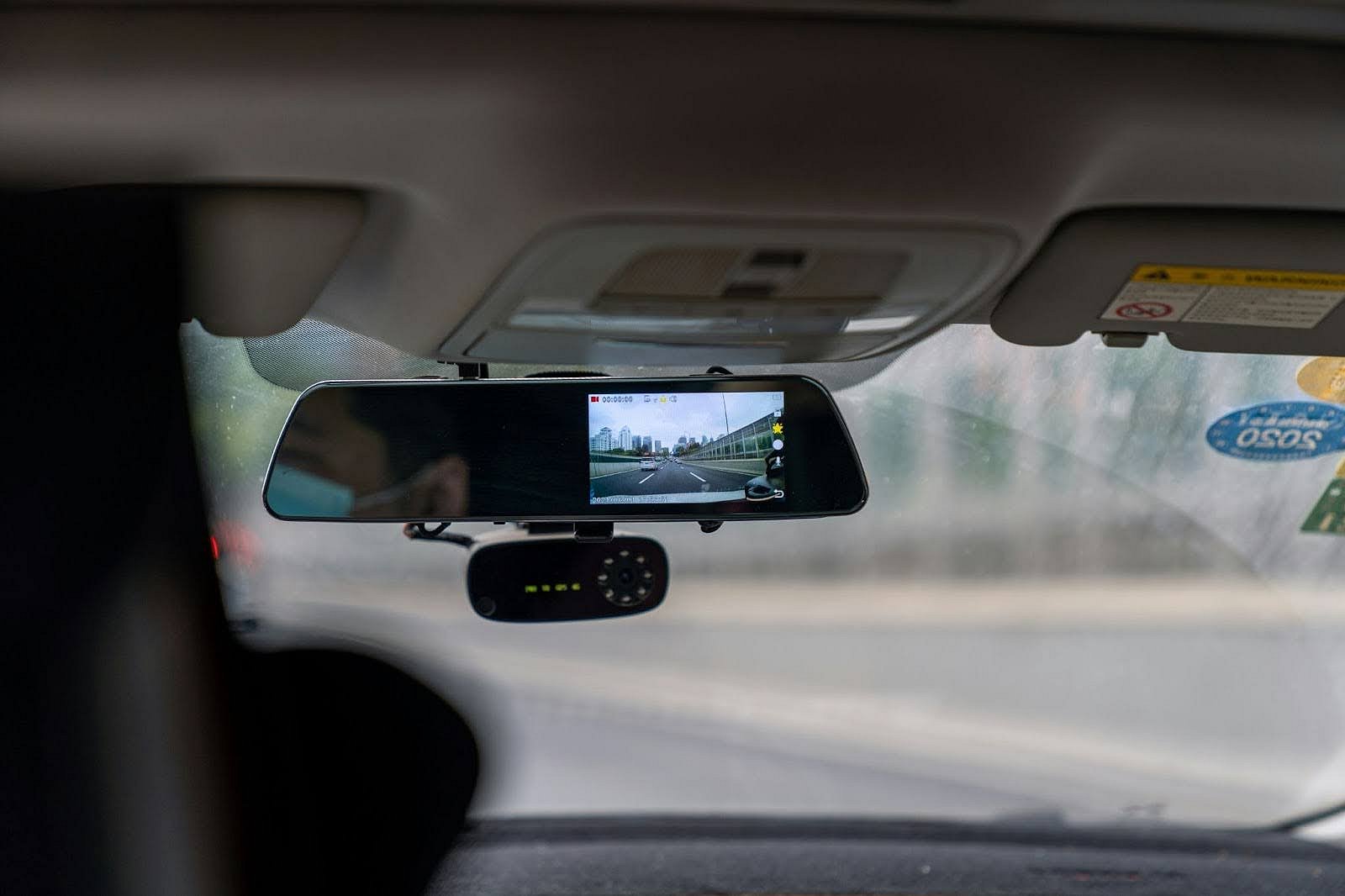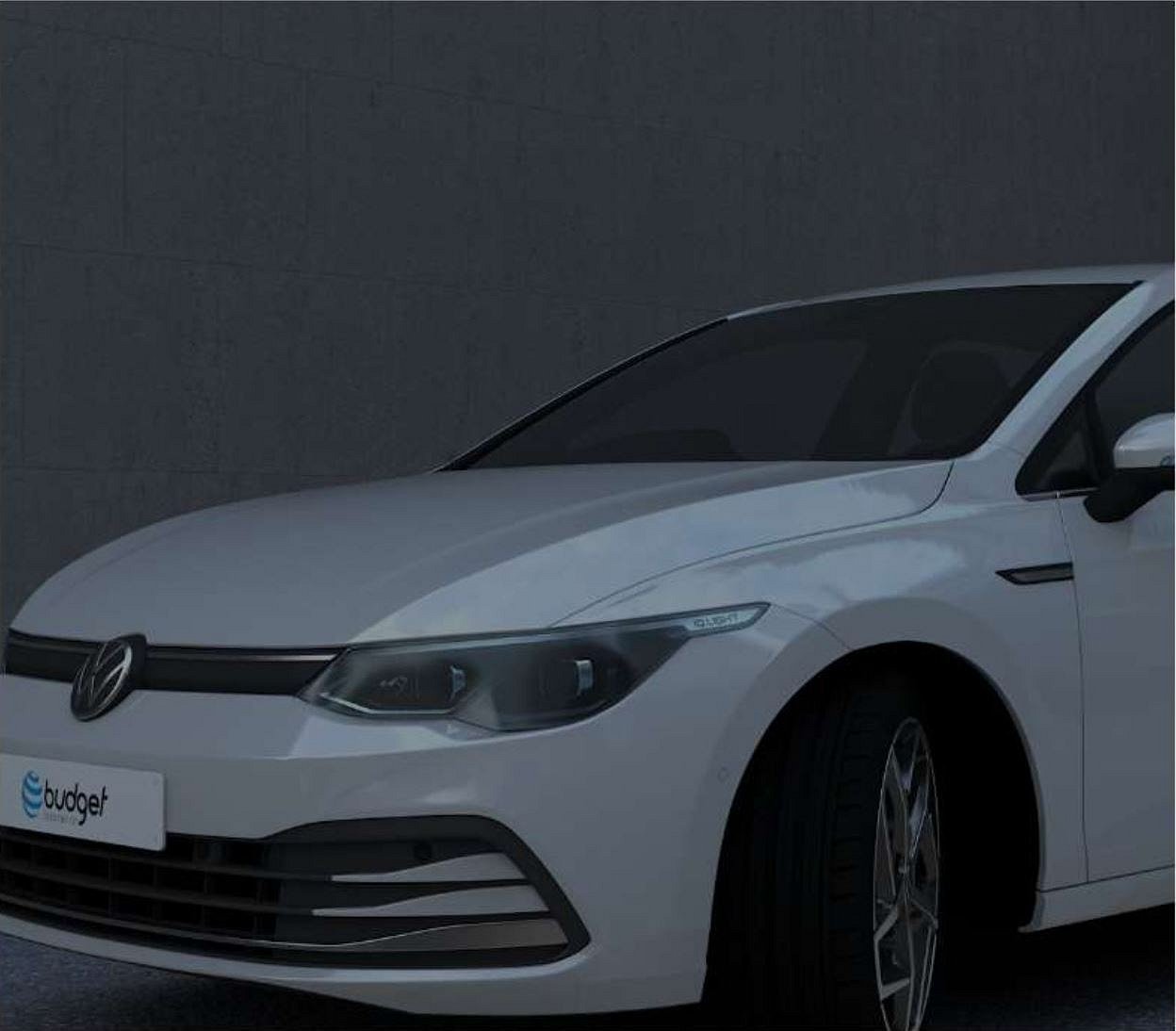Finance & Money
Everything you need to know about vehicle finance

Its all Insurance

Car Insurance helps you recover after a crash, theft, or damage. But claims for any of those incidents can stall when stories conflict.
Dashcams change that. A small camera on your windscreen records what happened, giving assessors clear, time-stamped evidence.
Dashcam proof can mean fewer disputes, quicker decisions, and less admin.
And for insurers like Budget Insurance, it means claims can be assessed fairly and more quickly. Here's what dashcams can do for your next Car Insurance claim, and what to consider before you install one.
Falling prices and wider awareness mean dashcams are no longer seen as a luxury. They've become a practical tool that supports safer driving and fairer Vehicle Insurance claims.
A dashcam continuously records the road ahead while you drive, creating a reliable log of your journey.
The footage can be reviewed after a crash or incident to establish the sequence of events.
Some models also capture speed, location, or inside-the-cabin footage. This video data gives insurers extra context when reviewing a claim.
Drivers use dashcams for many reasons, not just insurance.
Parents fit them to monitor new drivers in the household.
Fleet owners rely on them to manage employee driving behaviour.
Others want evidence for unexpected happens on the road.
The global dashcam market is expected to exceed USD 8 billion by 2030 1. South Africa has been slower to adopt this technology. But concern over reckless driving and high accident rates is encouraging drivers to install them. Local motoring forums regularly feature conversations about which dashcams offer the best mix of affordability and reliability.
Dashcams that once cost thousands are now available at entry-level prices. Online platforms make it easy to buy. Social media exposure (from viral clips of crashes to everyday close calls) is highlighting their usefulness. This visibility is accelerating adoption.
Dashcams can change how quickly and fairly insurance claims are handled. And their impact is already being felt by drivers and insurers alike.
Dashcam footage gives assessors a clear sequence of events. In a typical lane-change bump where both drivers insist they indicated first, timestamped video can settle the dispute. That means your Car Insurance claim can move from intake to decision faster and with less admin on your side.
Picture a four-way stop: your camera shows you made a full stop, the opposite vehicle rolled through, and impact happened in your lane. That single clip can outweigh conflicting recollections and incomplete diagrams, giving the insurer a defensible, evidence-based call on fault.
Statistics show a 46% rise in insurance fraud cases 2, costing South African insurers and investment firms at least R175.9 million in 2023. Staged crashes and exaggerated losses push up claim costs for everyone. Video makes “crash-for-cash” setups far riskier for scammers and easier for insurers to reject.
What happens when a collision has no independent witnesses? This is quite common, and a dashcam becomes the impartial witness. Footage can confirm things like speed, indicator use, and traffic flow.
For drivers, dashcams can protect against unfair blame and add useful features that make insurance claims easier to support. Here are some more benefits of dashcams:
Some insurers offer incentives or lower premiums for verified dashcam use. This is not yet standard across Car Insurance in South Africa. But wider adoption and better claims data could open the door to similar benefits locally, or even just lower premium increases.
If a driver merges into your lane without checking and then alleges you “came out of nowhere,” your dashcam’s footage can show that you were established and steady in the lane. That evidence can prevent an avoidable excess payment on your Vehicle Insurance.
Many modern units record GPS position and speed. They can then pair with smartphone apps that log harsh braking or rapid acceleration. Telematics-style data, kept alongside the actual video, can give claims teams a fuller picture of an incident.
Dashcams can also help with hit-and-run incidents, minor parking knocks, and roadside disputes. When pedestrian and evening crash risks are significant, having high-quality recordings can be the difference between a drawn-out argument and a fast, fair outcome.
Insurers also benefit from dashcam adoption. Fewer disputes can mean faster claims handling. This cuts administrative costs and frees up staff to focus on complex cases. Faster, fairer claims settlements improve customer satisfaction, building stronger trust in the insurer.
Fraudulent activity is also easier to spot when clear video evidence is available, reducing unnecessary payouts that inflate overall premiums. Access to anonymised dashcam and telematics data could support fresh policy ideas. Drivers who consistently demonstrate safe habits could benefit from competitive premiums.
Dashcams can strengthen insurance claims. But they also raise questions around privacy, legal use, and whether every clip can provide conclusive evidence.
Dashcams capture number plates, faces, and even conversations. Under South Africa’s POPIA and related legislation, recording in public is generally lawful 3, but sharing footage online can raise privacy concerns. Drivers should store footage securely and avoid posting it on social media without good reason.
Courts in South Africa typically accept authentic dashcam footage, provided it is unaltered and presented with proper chain-of-custody. That means drivers must keep original files and avoid editing before submission. Insurers often have guidelines to ensure evidence can be relied on during claims or court proceedings.
Video files are large, which means insurers need secure systems for upload, review, and retention. Efficient portals and clear policies are vital to ensure compliance with data-protection standards while keeping evidence available when needed.
Not every crash is captured clearly. Poor weather, night glare, or events happening outside the camera’s view can make footage inconclusive. In these cases, insurers must rely on witness statements, police reports, and physical inspections. Dashcams add value, but they are not a complete solution.
Smarter technology and growing adoption could see dashcams become part of the way insurers and drivers handle Car Insurance claims in South Africa.
Dashcams are evolving quickly. Devices with built-in AI can detect sudden impacts and accidents, and tag important clips. Integration with telematics could see insurers in the future receiving near-instant notice of an accident.
Some global insurers are already experimenting with providing policyholders with dashcams. This can help with video quality, trusted timestamps, and standardised evidence handling. If adopted in South Africa, it could lower disputes and set a baseline for how claims are reviewed.
Several car manufacturers already include dashcams in some models. Many also integrate them with other Advanced Driver Assistance Systems (ADAS) components, enhancing security and accident prevention.
Outside of this, there is also a possibility for insurers to include dashcams as a requirement with Car Insurance in South Africa. Much like vehicle tracking technology.
If adoption reaches critical mass, the insurance industry could shift significantly. Claims cycles would shorten, fraud would fall, and some insurers might even experiment with usage-based models supported by live data.
Yes. Clear, time-stamped footage helps insurers see what happened straight away, reducing the need for lengthy back-and-forth and allowing claims to be finalised sooner.
Yes. By recording incidents as they occur, dashcams make it harder for people to stage accidents or inflate claims, protecting both insurers and honest policyholders.
Not usually. In South Africa, most insurers don’t offer automatic discounts, but having a dashcam can still work in your favour if you provide footage to support a claim.
Yes. Courts in South Africa generally accept authentic dashcam footage as evidence, provided the original files are kept intact and submitted correctly.
Yes. While dashcams are legal, drivers should be careful not to record private conversations without letting other participants know. It’s not required by law, but it is courteous. You should also be cautious about sharing clips publicly in ways that could breach privacy laws.
Dashcams make claims clearer. They help settle disputes faster, reduce arguments, and support fair outcomes when witnesses are thin on the ground. If you’re ready to add that clarity to your cover, get a Car Insurance quote from Budget Insurance. Our team can answer your dashcam questions and help you choose cover that suits your car and your pocket.
—------------------------------------------------------------------------------------------
Sources:
1 Globe Newswire: https://www.globenewswire.com/news-release/2025/02/14/3026630/28124/en/Dash-Cam-Market-Projected-to-Reach-US-8-337-Billion-by-2030-2025-Research-Report.html
2 RGA: https://www.rgare.com/knowledge-center/article/insurance-fraud-in-south-africa--one-step-at-a-time
3 FIA: https://fia.org.za/2022/08/18/video-surveillance-within-the-confines-of-the-law/
Disclaimer: The information in this article is provided for informational purposes only and should not be construed as financial, legal, or medical advice.
